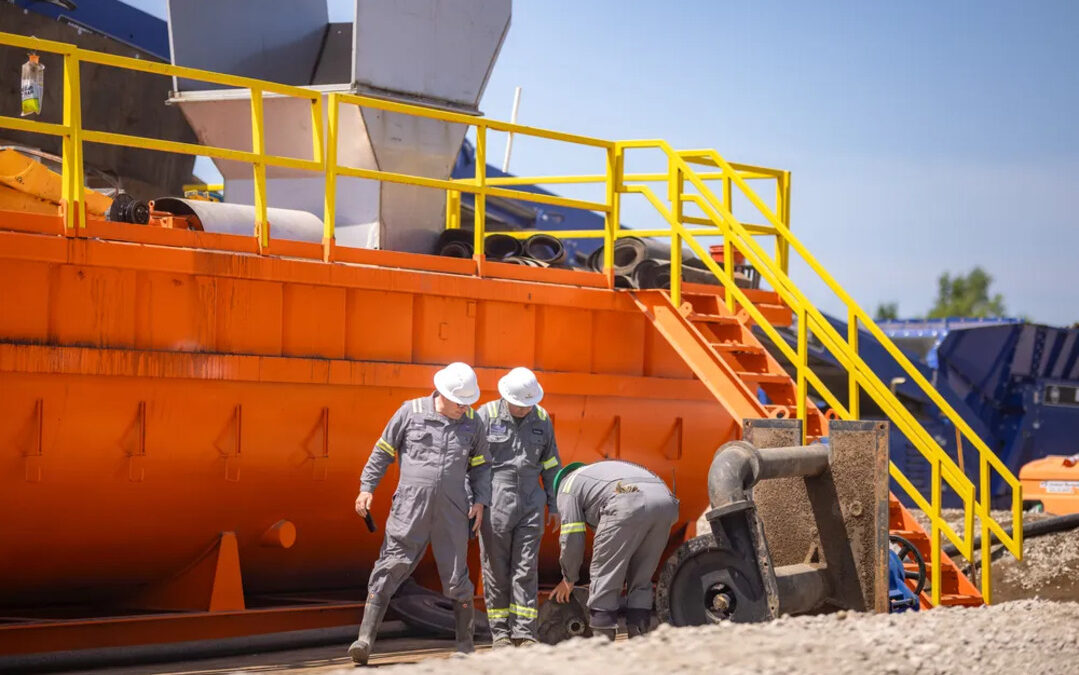Microsoft Partners With Vaulted Deep to Cut Methane and Carbon Emissions
Microsoft teams with Vaulted Deep to advance carbon removal and methane reduction, boosting climate action and community benefits.
Microsoft announced on Thursday that it has partnered with U.S.-based carbon removal firm Vaulted Deep to capture carbon dioxide and curb methane emissions from waste.
According to a statement, the deal includes a purchase agreement for 50,000 tonnes of carbon removal by 2030, certified by Isometric, a leading registry.
Vaulted’s technology injects organic waste deep underground to prevent emissions that would otherwise escape into the atmosphere.
The method also helps reduce local pollution and supports economic growth in the communities where it operates, starting with Hutchinson, Kansas.
Randy Spock, Microsoft’s carbon credits and removals lead, said the partnership reflects a broader focus on tackling superpollutants, particularly methane, which traps 80 times more heat than carbon dioxide over 20 years.
“This marks an important step in expanding the same scientific rigor and transparency for measuring the atmospheric impact of CO2 to superpollutants,” he said.
Methane Measurement and Transparency
Beyond carbon removal, Microsoft and Vaulted will collaborate on quantifying methane reductions achieved through the process.
Methane, often released from decaying waste, is a powerful greenhouse gas that accelerates near-term warming.
By exploring measurement methods, the companies hope to bring stronger accountability and transparency to superpollutant mitigation.
Spock said such quantification could shape how climate markets value methane reductions, creating new incentives for innovation.
Part of a Wider Strategy
This announcement follows earlier partnerships launched in May with Recoolit and Cool Effect, both focused on eliminating superpollutants. Microsoft said those collaborations aim to prevent warming equal to 1 million tonnes of CO2 over the long term.
Recoolit is working to destroy fluorinated gases from cooling systems in Indonesia, while Cool Effect is tackling methane from Brazilian landfills operated by Orizon Valorização de Resíduos. Combined, the projects target over 25,000 tons of superpollutants by 2030.
Microsoft views these steps as crucial to addressing pollutants with disproportionate climate impacts. By prioritizing near-term reductions, the company hopes to buy time while scaling longer-term solutions like permanent carbon removal.
Corporate Climate Commitments
The Vaulted Deep deal highlights how companies are moving beyond traditional carbon offsets. Rather than only balancing emissions, Microsoft is pursuing strategies that both remove CO2 and prevent new emissions of potent gases.
Climate experts say such integrated approaches are needed to meet global goals. The United Nations has urged faster action on methane to keep warming within 1.5 degrees Celsius.
Spock said Microsoft intends to apply credits from these purchases against shorter-lived emissions in its footprint or replace them with longer-lived removals when necessary. “We believe this is a key step toward limiting near-term warming,” he said.
Looking Ahead
With methane and other superpollutants driving rapid temperature increases, Microsoft is positioning its climate program to address both immediate and lasting threats. The Vaulted Deep partnership adds to a portfolio that blends removal, reduction and scientific verification.
“By combining carbon removal with methane mitigation, we are advancing solutions that deliver real atmospheric impact,” Spock said.
Also Read:
Nirmal Menon
Related posts

Subscribe
Error: Contact form not found.


